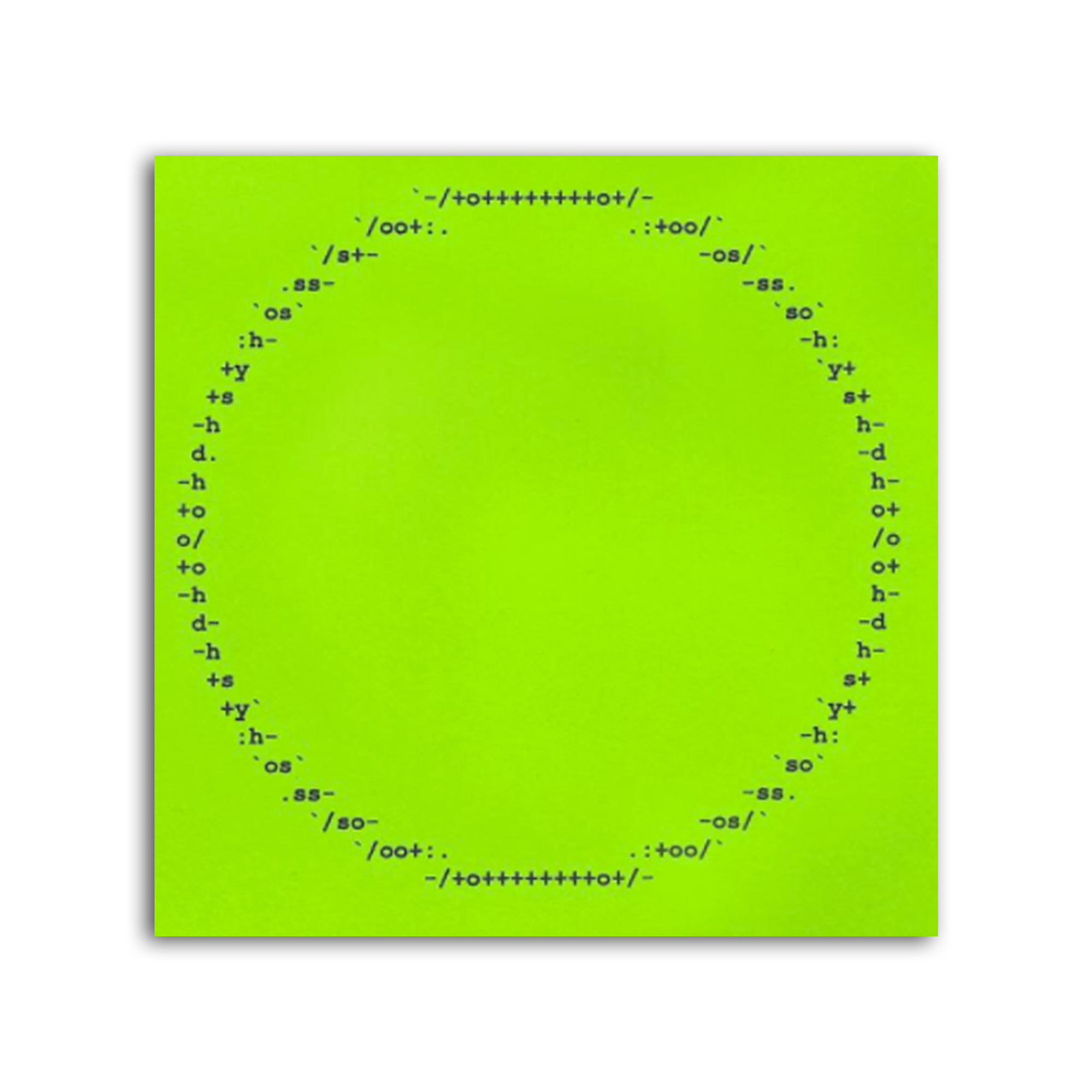Excerpt:
“Truth and Beauty vs. Malice and Despair” reads a plaque hanging in the shared bathroom of Langton Labs, a contemporary Bay Area Commune inhabiting a former industrial warehouse. Referring to the often debated “right way” to hang toilet paper, the script at the bottom “the choice is yours” is perhaps most revealing of the dialectics of living together. On one hand, living together requires patience, sacrifice, and compromise; on the other hand, it enables one (as an individual and collective) to define a way of living that more precisely reflects their values and can challenge the status quo produced by the market. It is the agency afforded to the inhabitants of the commune that, somewhat paradoxically, requires protocols of governance.
At the core of the commune is the commons, a system by which communities manage and share resources with minimal reliance on market or state, and where each stakeholder has an (often equal) interest. One of the key components of the commons is the relationship between a resource and its users, which is embodied in the user-managed governance arrangements that regulate access and distribute labor. Today’s Bay Area communes are more precisely reflected as ‘urban commons’ —a relatively new notion that involves a shift in understanding the commons not simply as shared resources but also as a relational social framework. The expansion of the noun ‘common’ to the verb ‘commoning’ entails the active participation in the mechanisms of sharing, including the shaping of rules that sustain the commons and exploring the emancipating potentials of sharing. As such, commoning is a practice that is continually evolving, made and remade by the subjects involved in the commons. Through an ongoing process of working together, negotiating, and organizing, these practices produce what is to be named, valued, used, and symbolized in common. Ultimately, these practices create forms of social life—highlighting new forms of living, working, and being in common. Precisely for the empowerment offered by these acts, they are always under continual threat of enclosure by the forces of capitalism as they attempt to transform society’s common wealth. Moreover, due to the inherent volatility of the evolving values from within, the definition of shared protocols becomes one of the most critical characteristics of a commune, for it is these protocols that ensure that politics are translated into, and build on, everyday life.”
